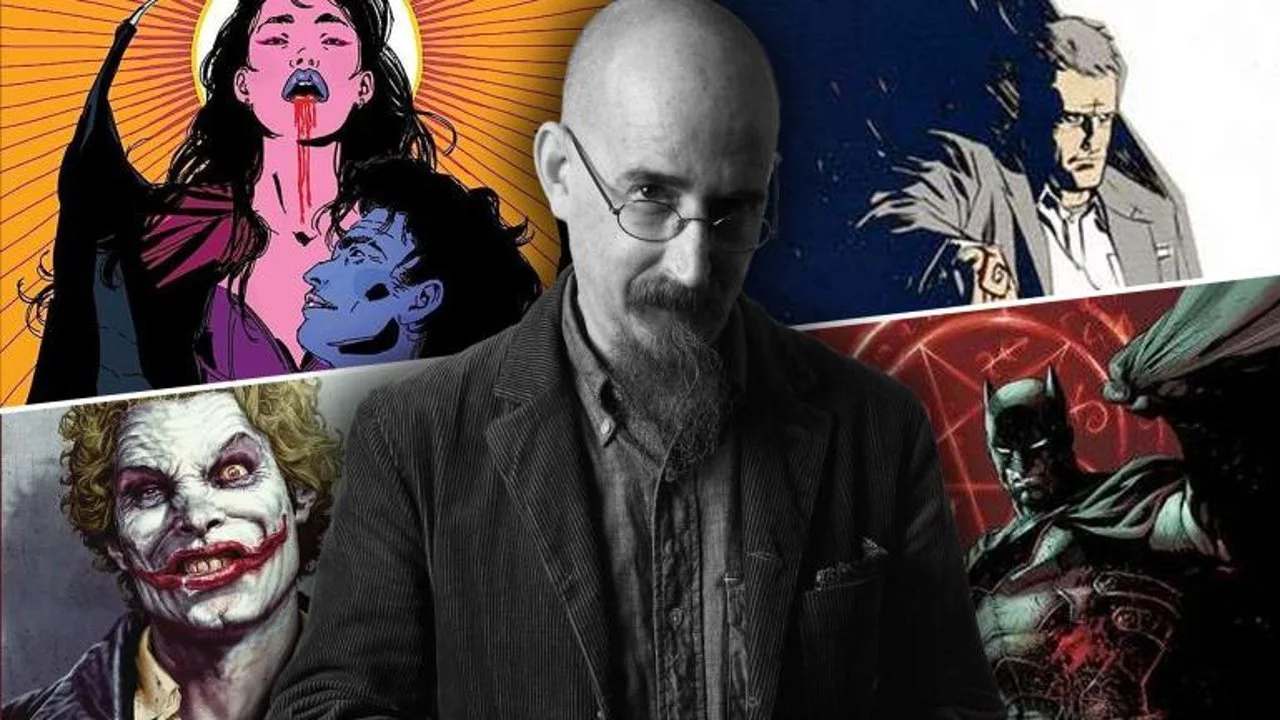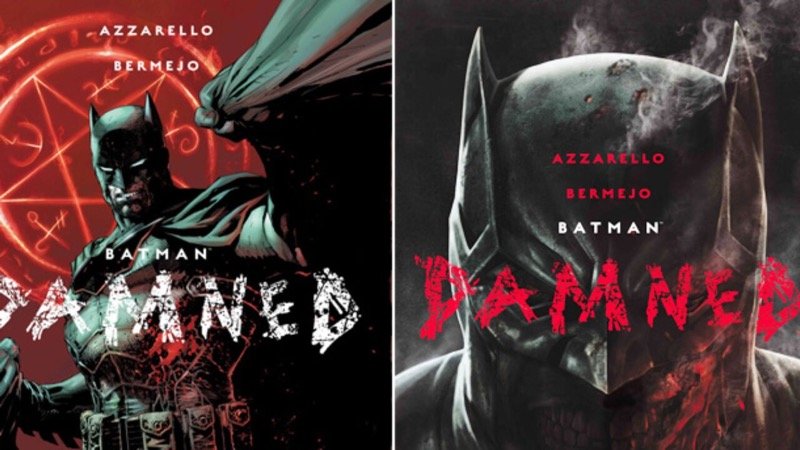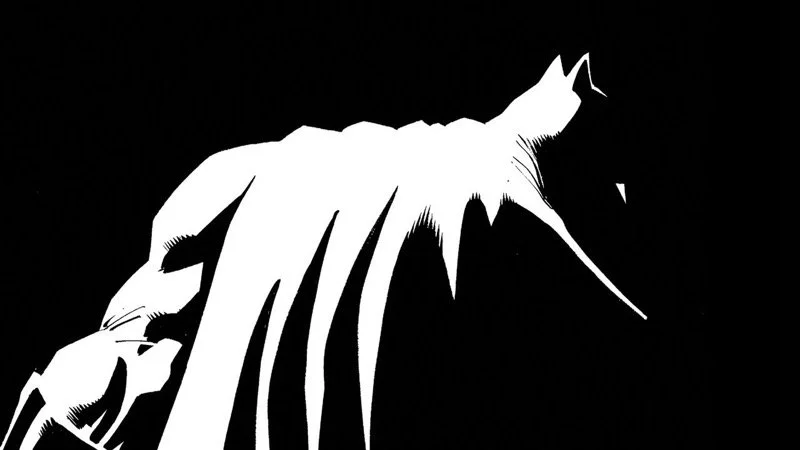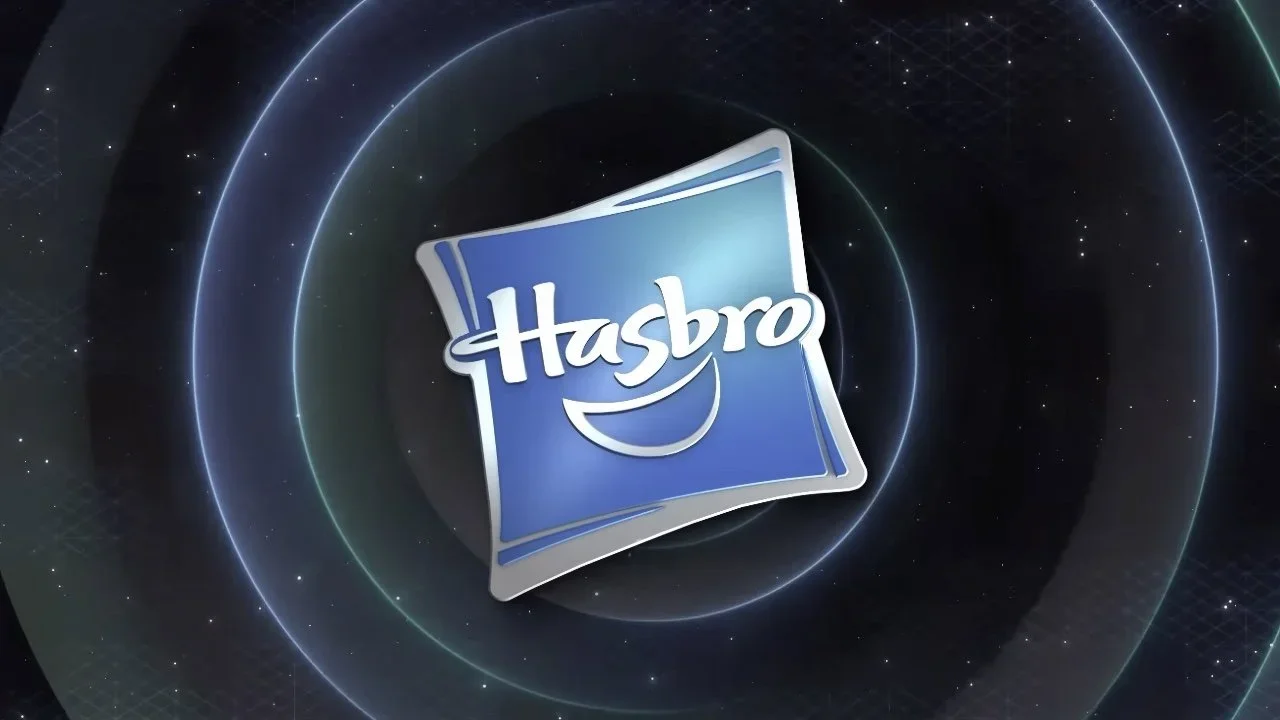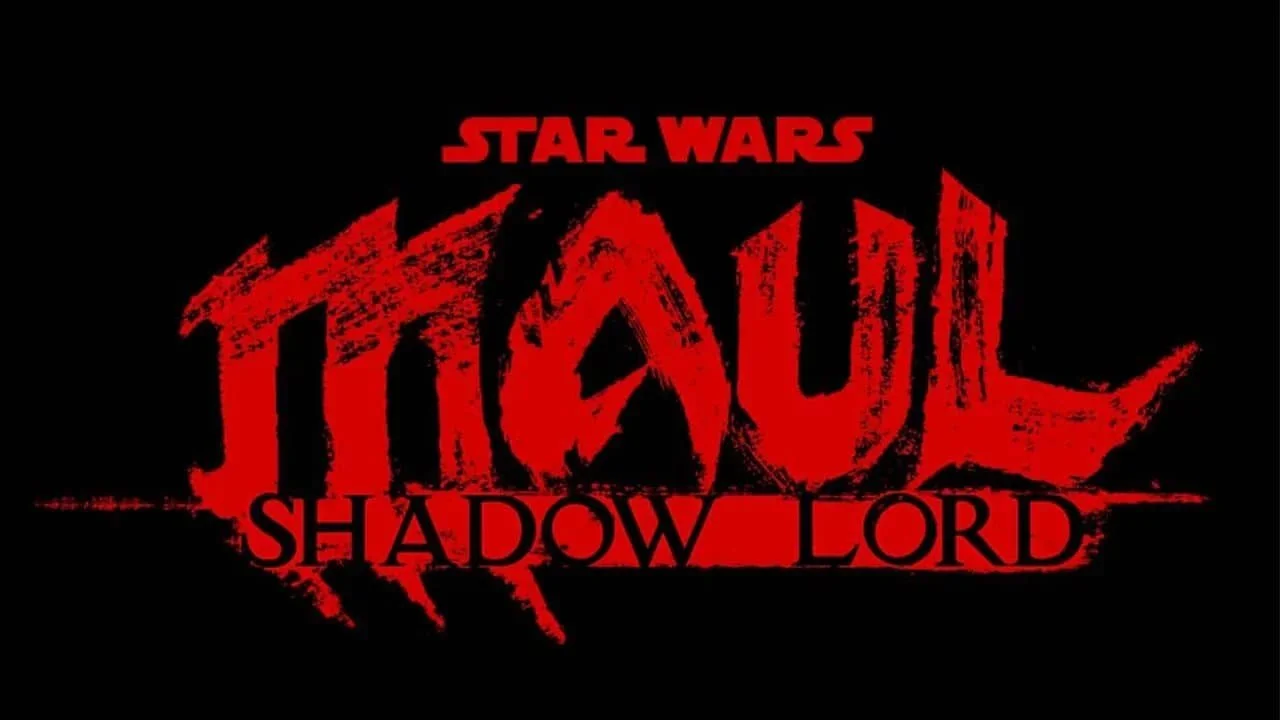Interview: Brian Azarello Talks 'Batman: Damned', 'DK3', and Black Label
Image Source: CultureSlate
When I first looked at the list of featured guests at C2E2, I was immediately excited when seeing Brian Azarello’s name on the list. I have been a fan of his work for years and knew I had to get my copy of Batman: Damned #1 signed by him. So after finishing my interview with Nathan Hamill, I made my way over to Brian Azarello’s table and waited for him to arrive so I could get the autograph. While he signed the issue, I decided to take a shot in the dark and ask him if he’d be interested in an interview with CultureSlate, and to my surprise, he agreed. His only terms were that it had to be the next day and that it would have to be at his table so he could continue to greet fans and sign autographs.
The next day I met him at the agreed-upon time, and we began our conversation. While talking to him, I was taken aback by his quick wit and humor, at times unable to gear when he was joking. There were moments when he had to step aside to return to his signings, but he remained professional and courteous throughout the entire process. It was truly an unforgettable experience chatting with such an accomplished writer. In the end, we shook hands, and I thanked him for humoring me with the interview. The following is a transcript of our conversation.
RELATED:
A lot of authors start writing from a young age. Are there any stories from your youth that you look back on fondly or that you used as inspiration for later work?
My youth was so long ago that it’s just a haze. I really don’t remember anything that I did back then.
Not at all?
Probably not; my earliest memory at this point is from high school.
Oh wow, well, was there anything you wrote in high school?
Yes! I did write some stories in high school. One that I remember was about a… um… it was about a probe in space landing on a planet. I wrote it right when we were landing our first lander on Mars. I think? But I wrote from the perspective that it’s the United States or Earth saying that something is coming down, or at least that’s what the reader is supposed to think, but of course, it’s actually from the perspective of the Martians.
That’s really cool!
Ehhh, no, it’s not; it’s very high school.
Well, still, we all gotta start somewhere. So, moving on, Batman: Damned #1 caused a bit of an uproar-
Woah! You wanna jump from high school to Batman: Damned #1?
I thought we could jump around a little bit.
Well, all right. I drew a picture when I was in third grade; speaking of Batman: Damned, I aced a spelling test, and when you aced a spelling test, then you were allowed to draw a picture on the top of your test, so I drew a picture of a dog, and it was anatomically correct.
Did you still get an A?
My father got called into the school, and he was like, “There’s nothing wrong with this drawing,” and the teacher wasn’t happy with that. Anyway, Batman’s dick.
Image Source: JoBlo
You talking about that drawing did perfectly segment into this; Batman: Damned #1 caused a bit of an uproar. What was your initial reaction to the backlash, and how do you feel about censorship in media as a whole?
Let me address the issue of censorship. That is an owned character, so that is not censorship. Censorship is when the government is coming in. DC can do whatever they want with Batman; they own it.
I more so meant as a broadened term of censorship.
Censorship is bad, but DC does call the shots on Batman. Marvel calls the shots on Spider-Man. I think the more that these characters are being worth money because of films, that what you can do, the kinds of stories, and how they want those characters portrayed, is shrinking. The more money, the more dramatically it shrinks. It’s funny; the more money becomes, the less you can do because they want it to appeal to more people.
So you believe this sort of is creatively stifling some people?
Yeah, without a doubt.
You’ve already tackled some of the biggest names in DC comics. Are there any lesser-known characters that you’d like to take a crack at?
In DC? No, not really.
Well, what about Marvel?
I don’t know. What do you think? What do you think I should do at Marvel?
You know, I really think you could do a really good Wilson Fisk story.
The Kingpin?
Yeah.
I like the Kingpin. He’s a big mean fat guy. (grins)
Image Source: IGN
Stepping away from the big-name characters but leaning a little bit into it as well, what is the difference in your approach when writing an established character like Batman or Superman as opposed to some of your original stories like 100 Bullets or Faithless?
I don’t think I have a different approach. Well, Faithless (chuckles), that was a different approach than anything I’d ever done. I don’t have a different approach. I understand the parameters of what I can work within. Like what I was given when Black Label was started, for example, and Batman: Damned, they didn’t know what they wanted because we were the ones out in front. We were the trailblazers. So, I asked Dan DiDio, who was the publisher, “Well, how far do we get to push this?” And he said, “Well, you know how far.” And I was like, “Uhhh, no, that’s why I’m asking because this is the first time.” And he just said, “Well, you know, you know.” And I said, “Well, uh, like HBO?” And he said, “Exactly! Just like HBO!” So, we did nothing that was not on the most popular show on HBO at the time. We did nothing that was outlandish or crazy.
I want to say, off the record, that I think the whole controversy was ridiculous.
No, I’ll say that on the record! The whole controversy was ridiculous! I don’t think that DC could’ve handled it worse.
No?
No. They couldn’t have handled it worse. Their reaction was, “We didn’t know it was there. We’re going to republish it. It won’t be there.” Even though that book sold out in a day, 150,000 copies or whatever sold out in a day. There were 60,000 copies the next day that were ordered. They were going to be blackened, but they canceled those orders and never reprinted that.
I remember walking into my comic store, me and my friend were so excited to see what this new Black Label was going to consist of, and the fact that your name was right there was very exciting. When we walked in, the comic shop owner was like, “Guys, grab those right now. They’re probably gonna make me take those off the shelves.” And we both went, “What?” And he said, “Just grab them before they go way up in price; it’s gonna be ridiculous.”
It couldn’t have been a better launch for a line. We got national news! It couldn’t have been better. And look! I’m signing two of them right now.
Image Source: IGN Southeast Asia
You also got to put your stamp on the Dark Knight Returns Trilogy and really got to bring that back and revitalize it and explore it a bit more. What was that like for you, and what was it like working with Frank Miller?
I got a call saying that Frank wants to do Dark Knight 3. I was like, “Oh boy! I’d read that!” and they go, “No, no, no. He wants to do it with you.” Frank and I had been friends for a while. So he said to me, “Are you interested?” So I told them, “Let me go to talk to Frank.” I went and talked to Frank and asked, “How do you wanna do this?” and he said to me, “These are the ideas I have.” And it went like, this happens, then this happens, then this happens! As I was listening to him, I went, “You know, Frank, that doesn’t make any sense!”
A little like Dark Knight Strikes Again, huh?
I think Dark Knight Strikes Again is fantastic. I disagree with you on that. Anyway, I’m like, “This doesn’t make any sense.” So he goes, “No, put it in order. Just put all of those things in order. That’s what I want you to do.” So he gave me a puzzle.
Then it was just your job to put the pieces together?
What do you mean, just my job? There’s no just! That was a difficult job!
I’m sorry, I can’t imagine the pressure.
This interview’s over! (waves hands and laughs)
One last and very basic question, every writer struggles with writer’s block at one point or another. What methods or tools do you use to push through it?
I have rent to pay. (grins) That’s my tool; the tool is to owe money.
READ NEXT:

